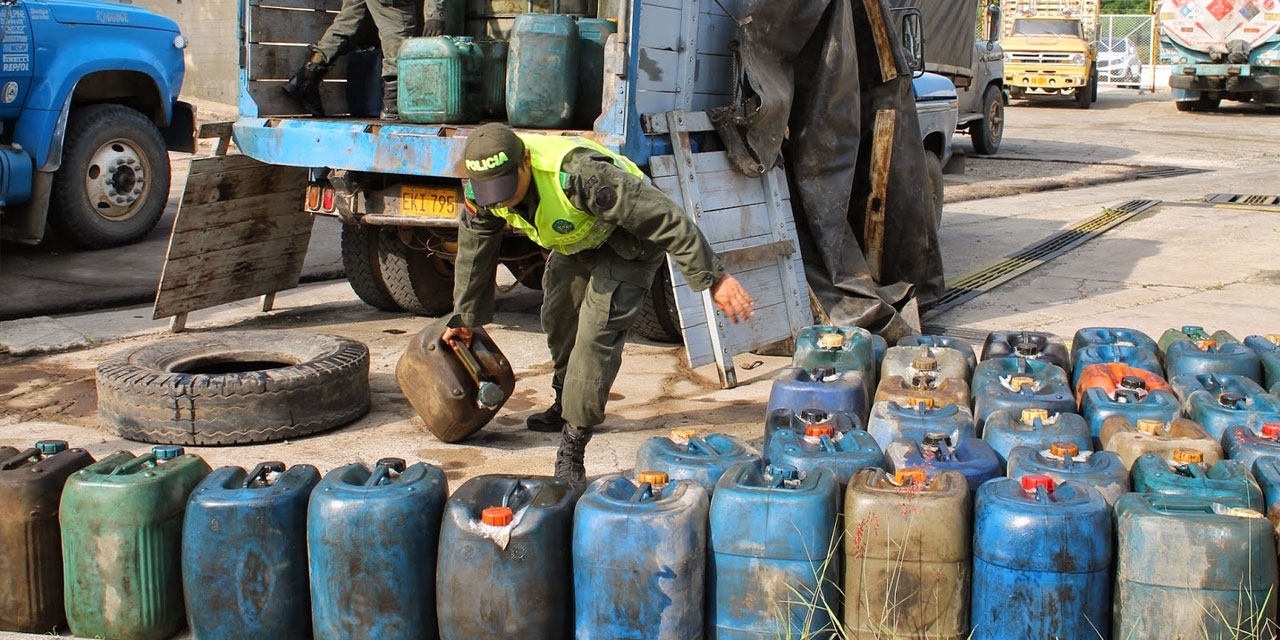Millions of liters of gasoline are being smuggled clandestinely from Argentina into Paraguay every month, leading to significant economic losses for the fuel distribution sector in Paraguay.
The Association of Service Station Owners and Operators of Paraguay (Apesa) has raised concerns about the growing practice of fuel smuggling, which takes place across river borders between the two countries.
According to Paraguayan criminologist Juan Martens, entire communities in Paraguay now rely on fuel smuggling as a source of income, creating a social problem requiring state institutions’ attention.

Despite legislation that sanctions such activities, fuel smuggling is publicly and socially tolerated, with the stolen fuel being openly sold in various neighborhoods and transported to different regions of the country.
The commercialization of smuggled fuel contributes to the local economy along the Paraguayan-Argentine border, but it negatively impacts legitimate service stations, causing a drop in sales.
Apesa reports a significant import reduction and estimates losses of over 650 billion guaraníes (approximately US$90 million) in recent months.
The union urges local authorities to strengthen border controls to prevent the illegitimate entry of fuels, emphasizing the impact on formal employment and the national industry.
The profitability of fuel smuggling is driven by the exchange rate difference between Argentina and Paraguay, where gasoline costs significantly less in Argentina.
It is crucial to address this issue due to the economic losses suffered and because fuel smuggling poses a security risk.
Smuggling fuel by hand increases the chances of explosions and spills, posing a threat to both the environment and public safety.
Efforts to combat fuel smuggling require collaboration between the two countries, stricter border controls, and targeted measures to address the underlying socio-economic factors that drive this illegal activity.

